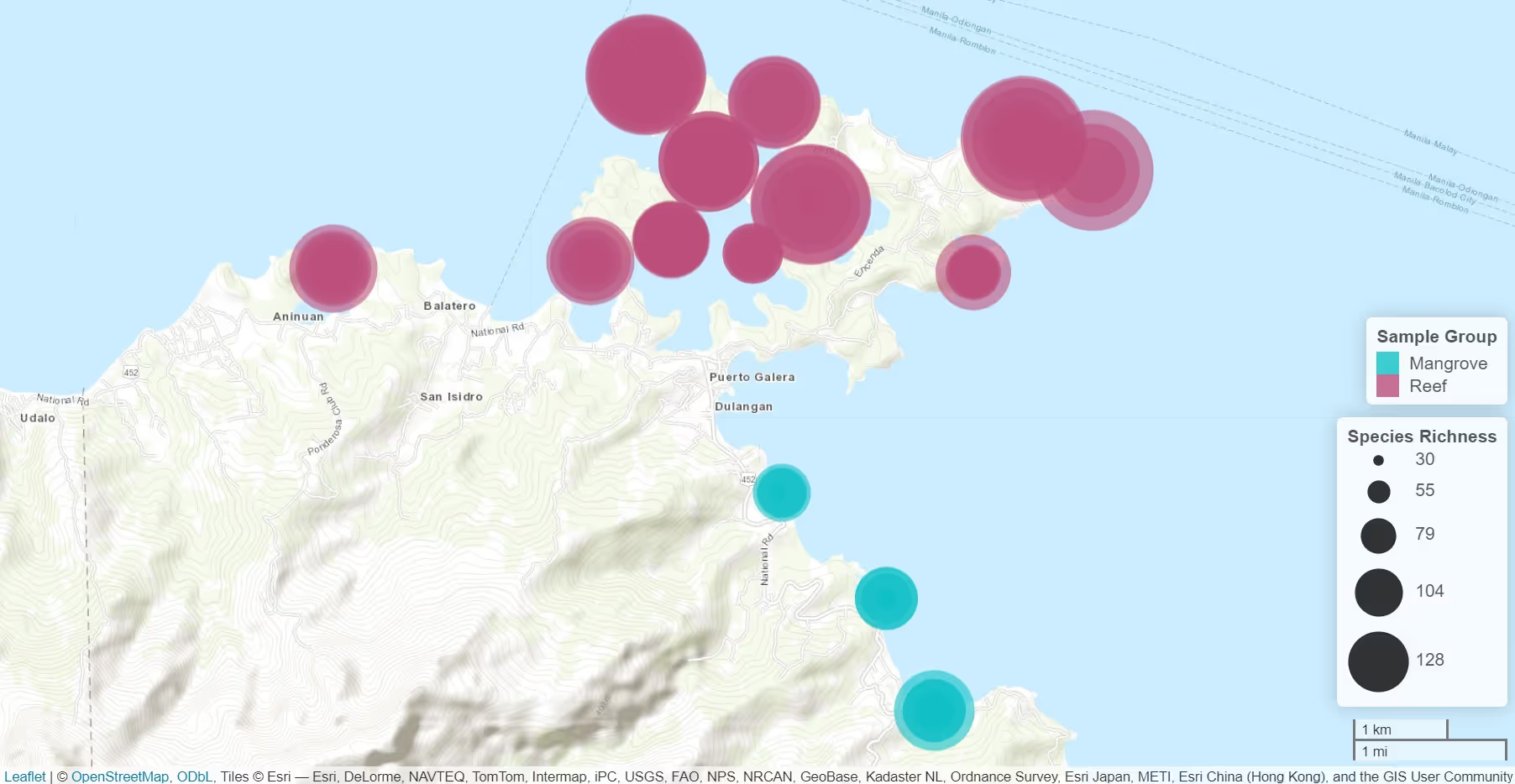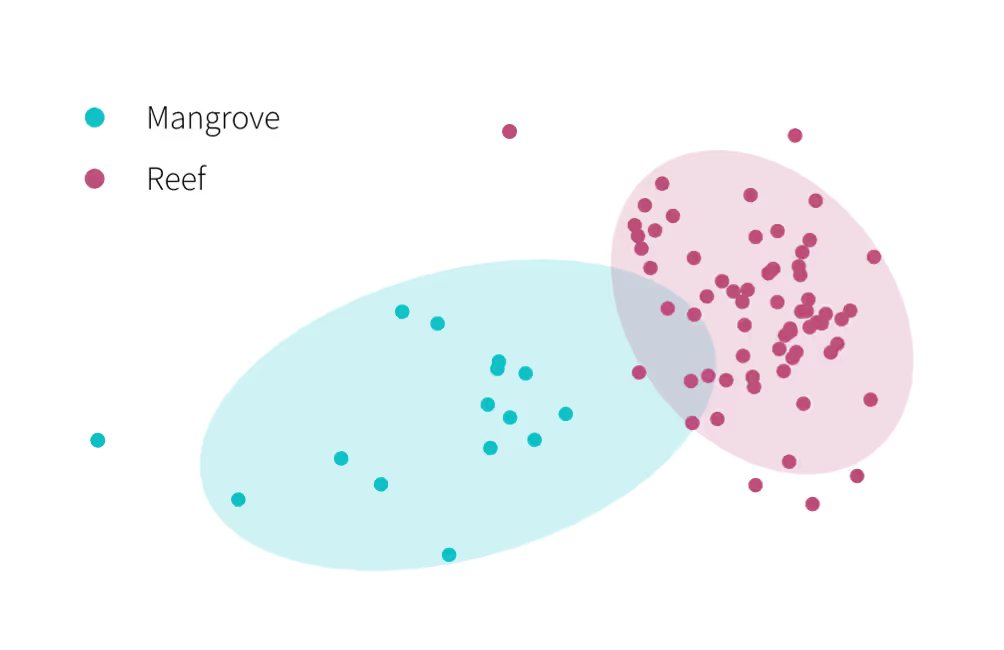A Blueprint for Healthy Kelp Forests: Robust eDNA Baselining in the Falklands
Ecosystem-scale eDNA insights in the Falklands provide a blueprint for pristine kelp forests which can be used as a goal for restoration projects across the globe.
.avif)
A collaboration between
Project Snapshot
Overview
eDNA sampling was conducted across the Falkland Islands' pristine giant kelp forests as part of a wider effort to establish biodiversity benchmarks for global kelp forest restoration efforts. eDNA generated ecosystem-scale insights in this remote region, illuminating hidden diversity and providing a blueprint for pristine kelp forest health to use in the development of universal kelp ecosystem health metrics.

The Challenge
The Falkland Islands host some of the pristine giant kelp forests in the world, but these are relatively understudied due to their remoteness. Kelp Forest Foundation is aiming to survey these unique habitats while they remain intact, establishing benchmarks for restoration worldwide.
The remote location of the kelp forests posed immense logistical barriers, making expert-led traditional monitoring methods infeasible within the required short timescale.
The Foundation required a practical solution to quickly conduct a survey that could generate biodiversity insights across the tree of life, without needing to mobilise a full suite of taxonomic experts to undertake fieldwork.

Our Role
NatureMetrics aquatic eDNA sampling kits were sent to the Falklands where local collaborators, including Kelp Forest Foundation MSc scholars, were trained in collection of samples. Samples were analyzed at our UK lab. No taxonomic expertise was required during in-field sampling.

The Findings
Our DNA analysis revealed over 389 species across the whole tree of life, ranging from penguins and southern elephant seal to fish, sponges, shellfish, jellyfish, sea stars and many lesser-known tiny organisms that almost certainly play a multitude of functions in maintaining the overall ecosystem.

The Impact
eDNA sampling enables whole-ecosystem data to be obtained quickly and efficiently in remote locations with the participation of local stakeholders. The data generated in this project will be used to feed into modelling approaches combining data from other kelp forests around the world so we can learn how biological communities in giant kelp habitats respond to stressors like climate change. The data will anchor the modelling of simple, accurate metrics of ecosystem health that can be used to quantitatively measure the performance of conservation, restoration, or sustainable use of giant kelp forests, guiding ecosystem management worldwide.








.avif)